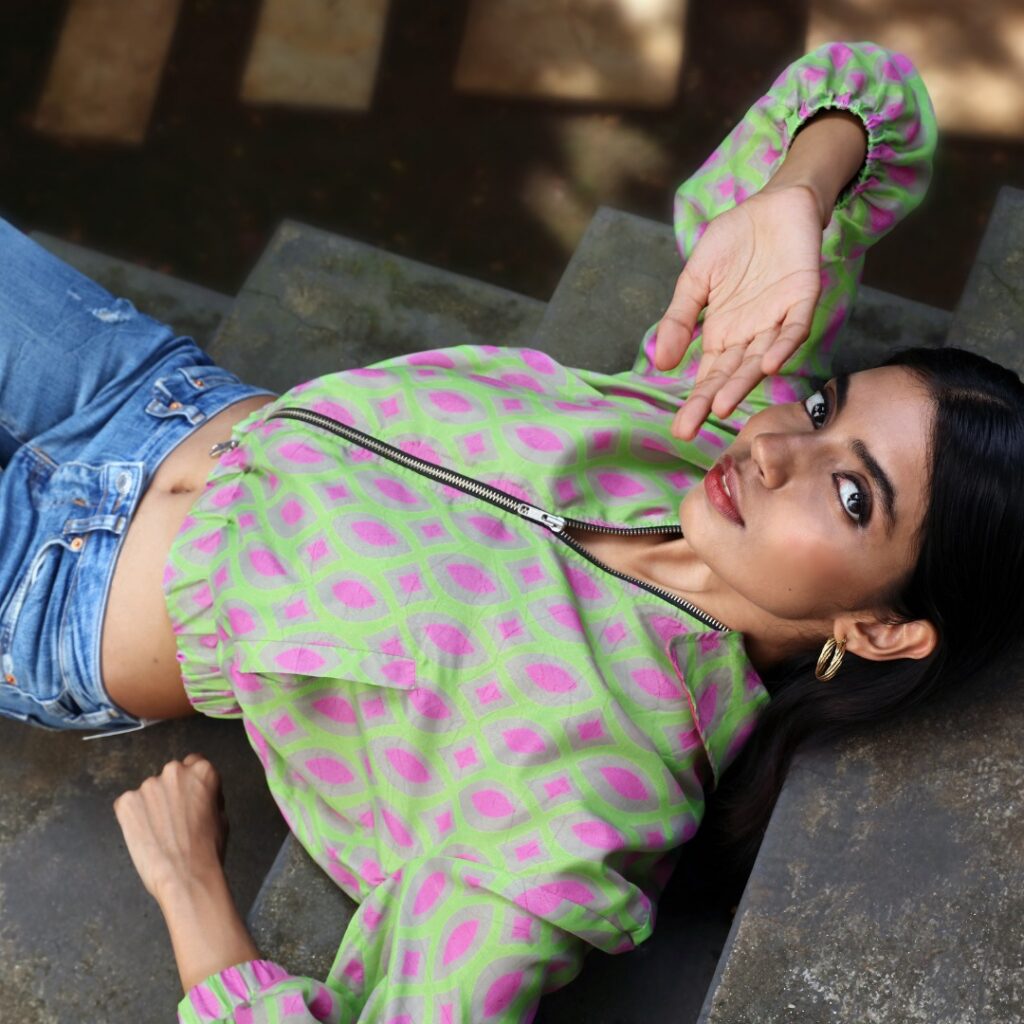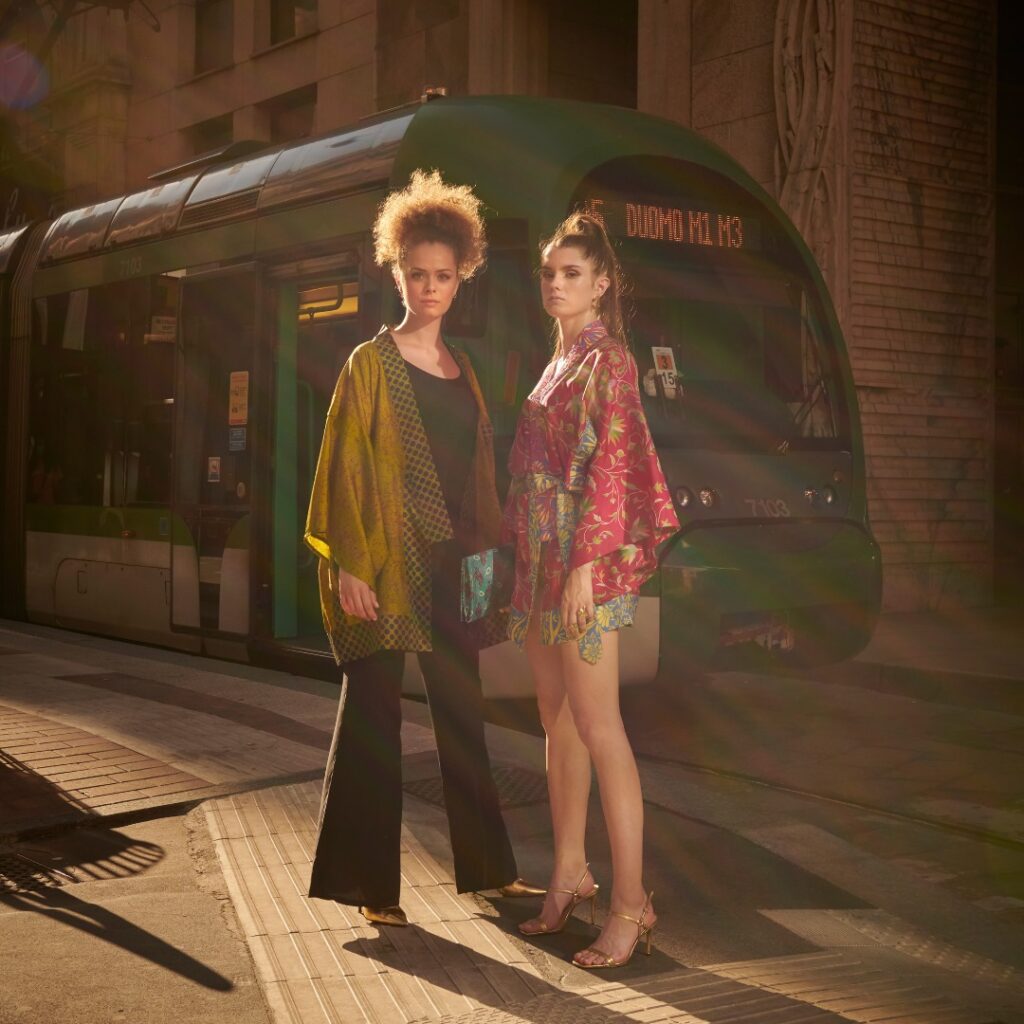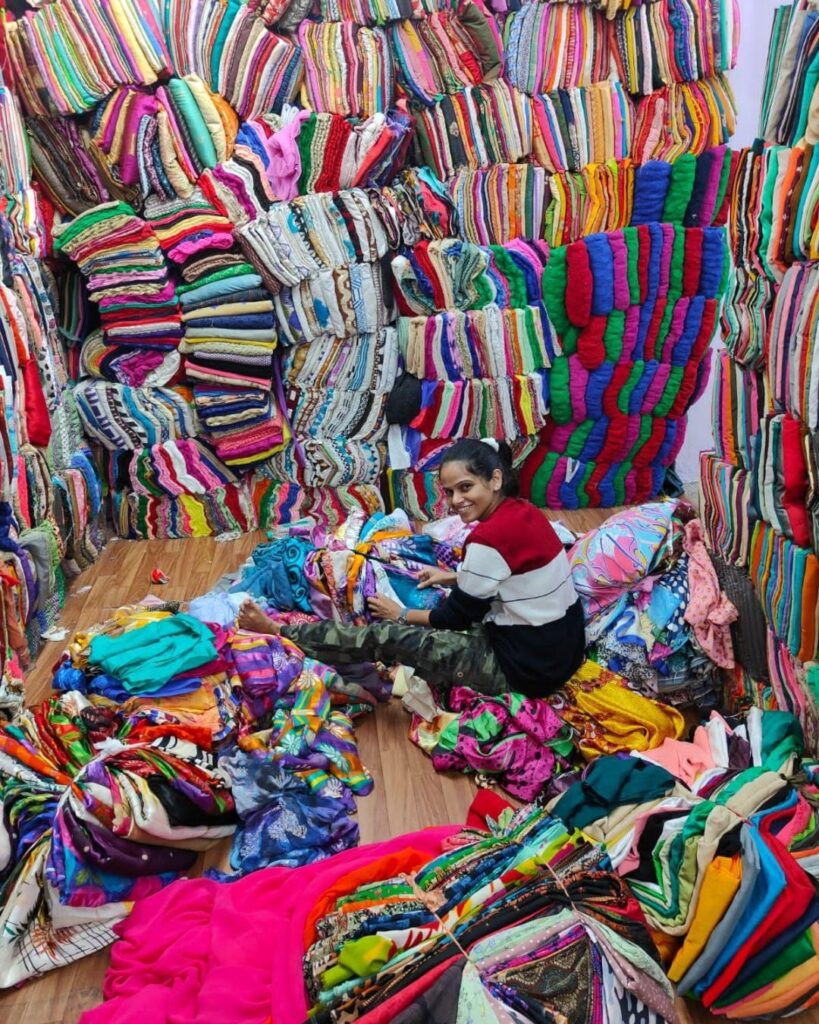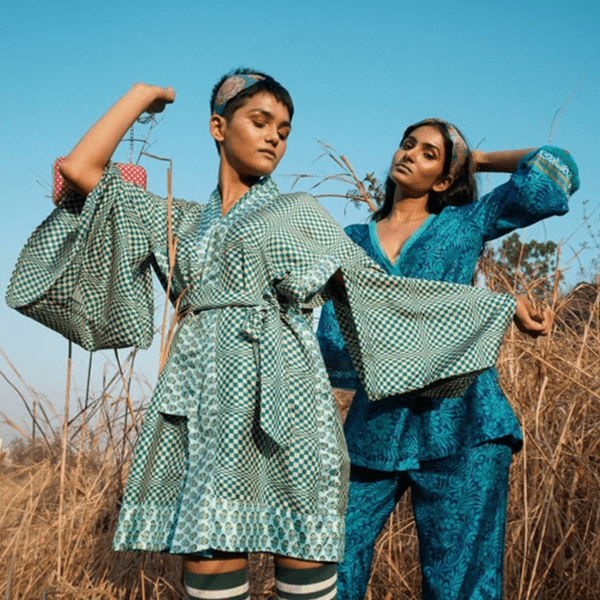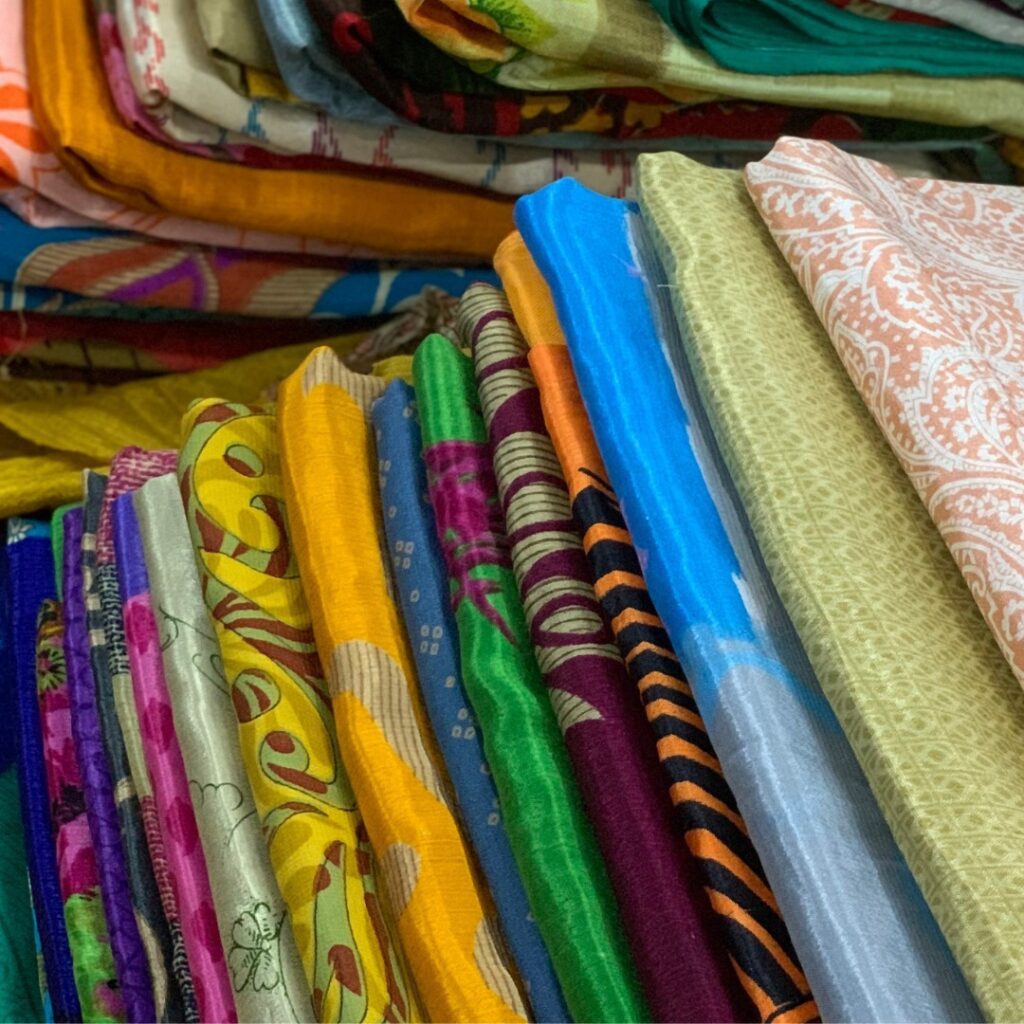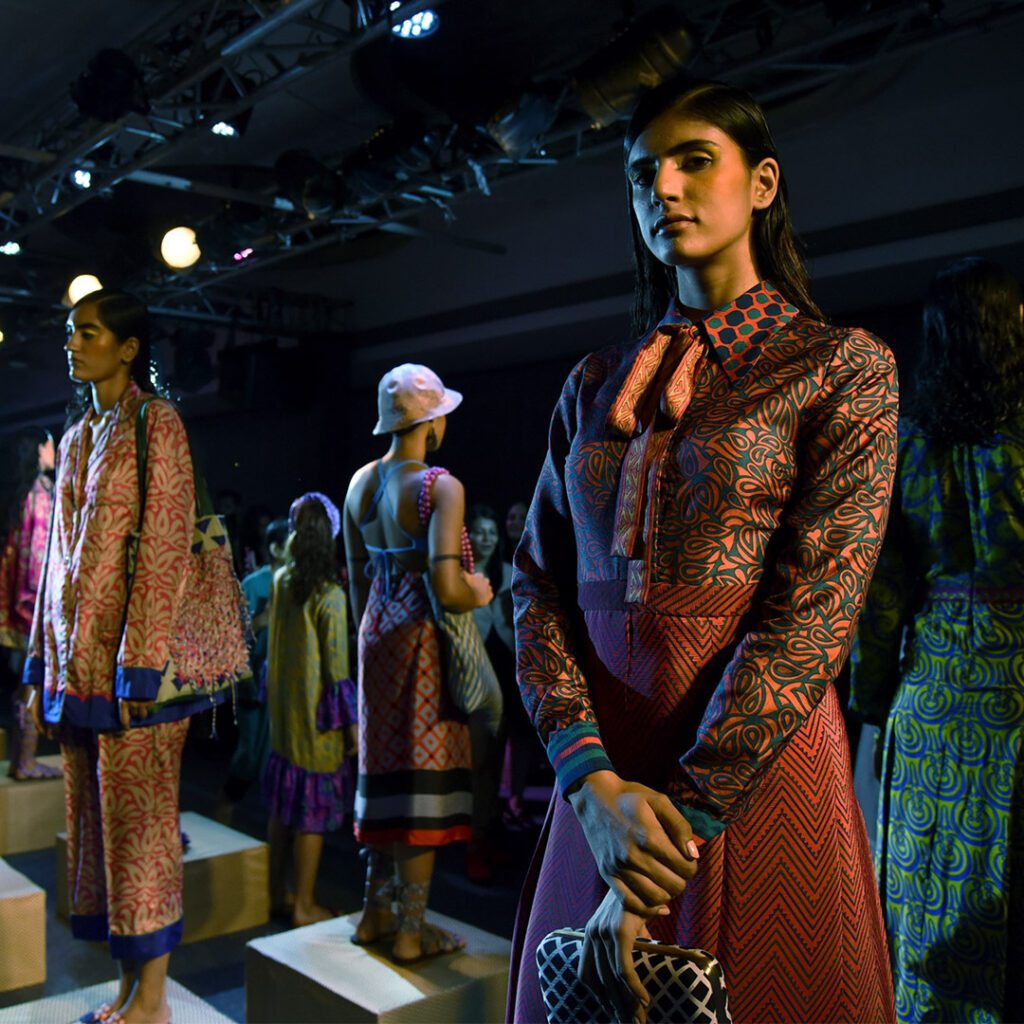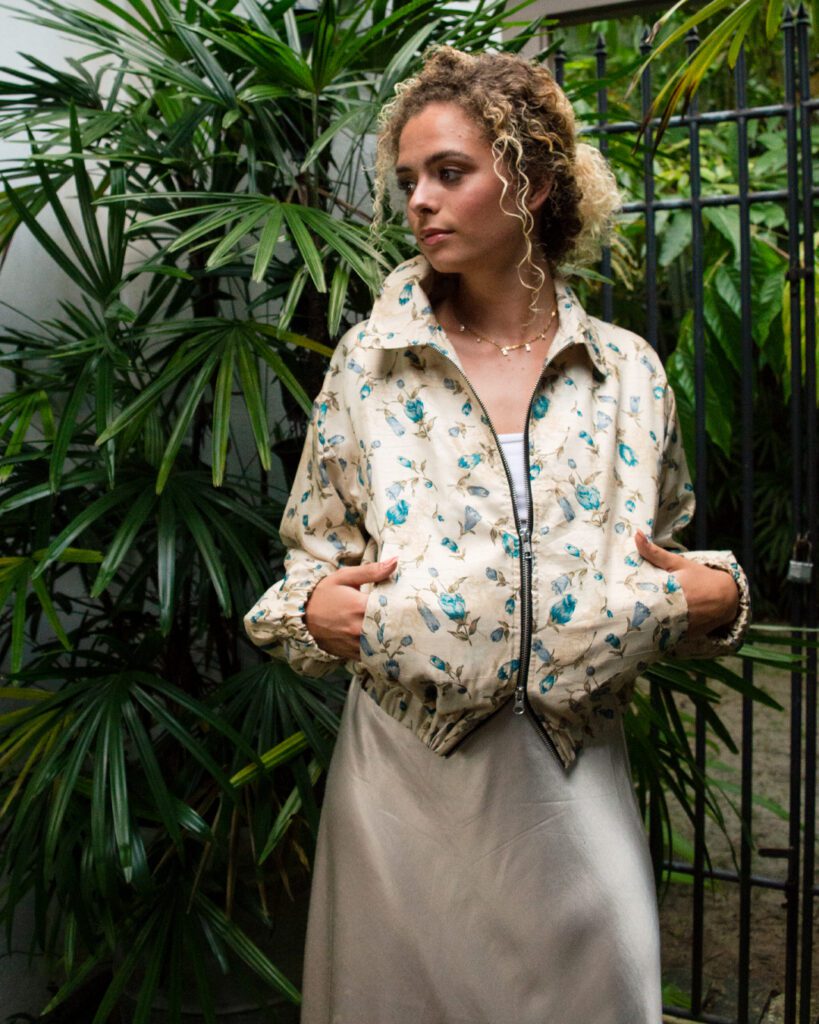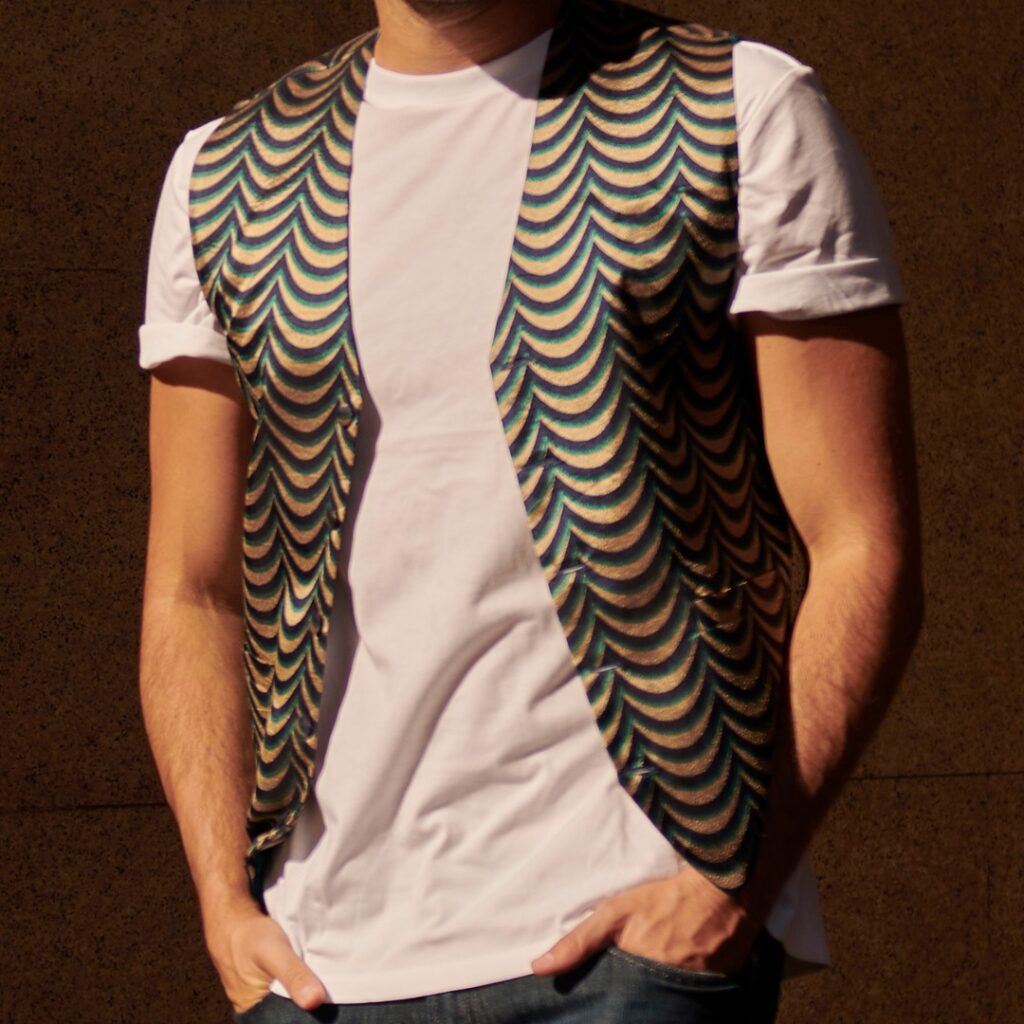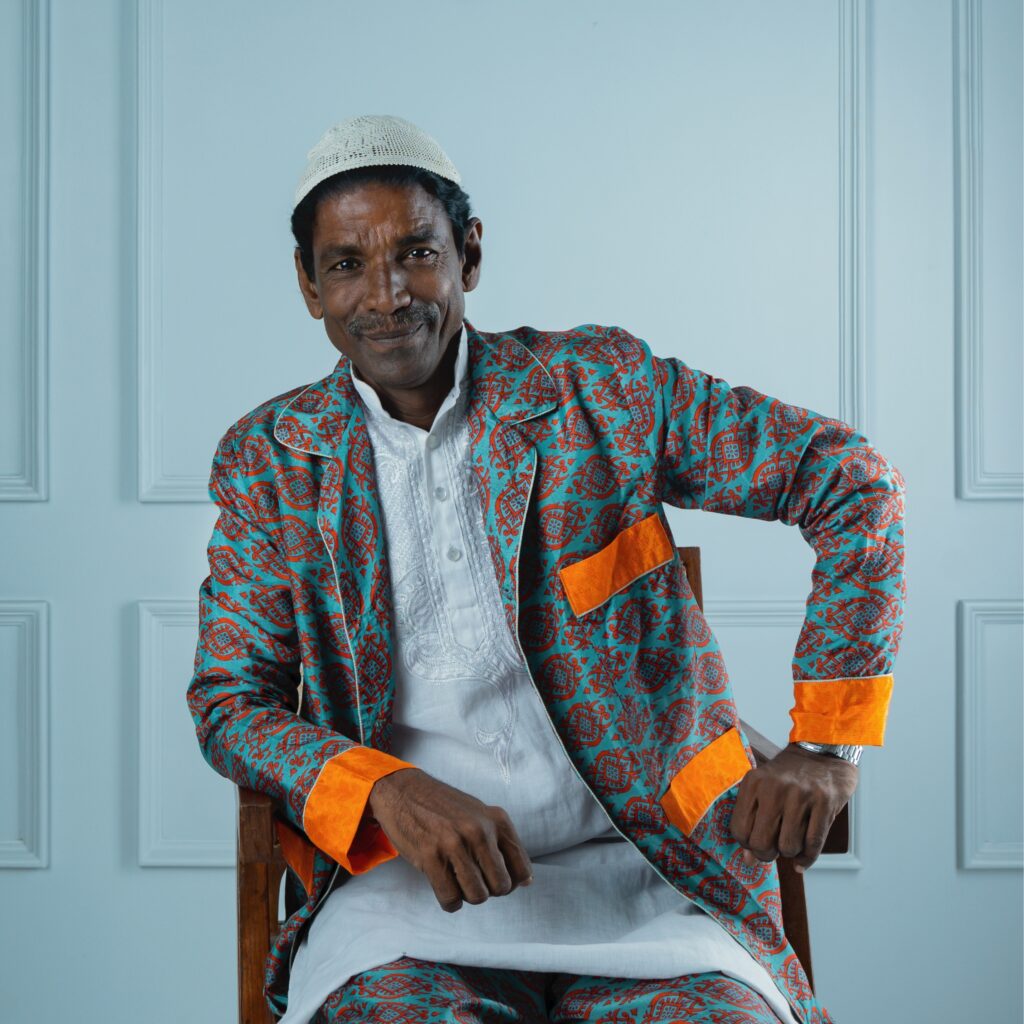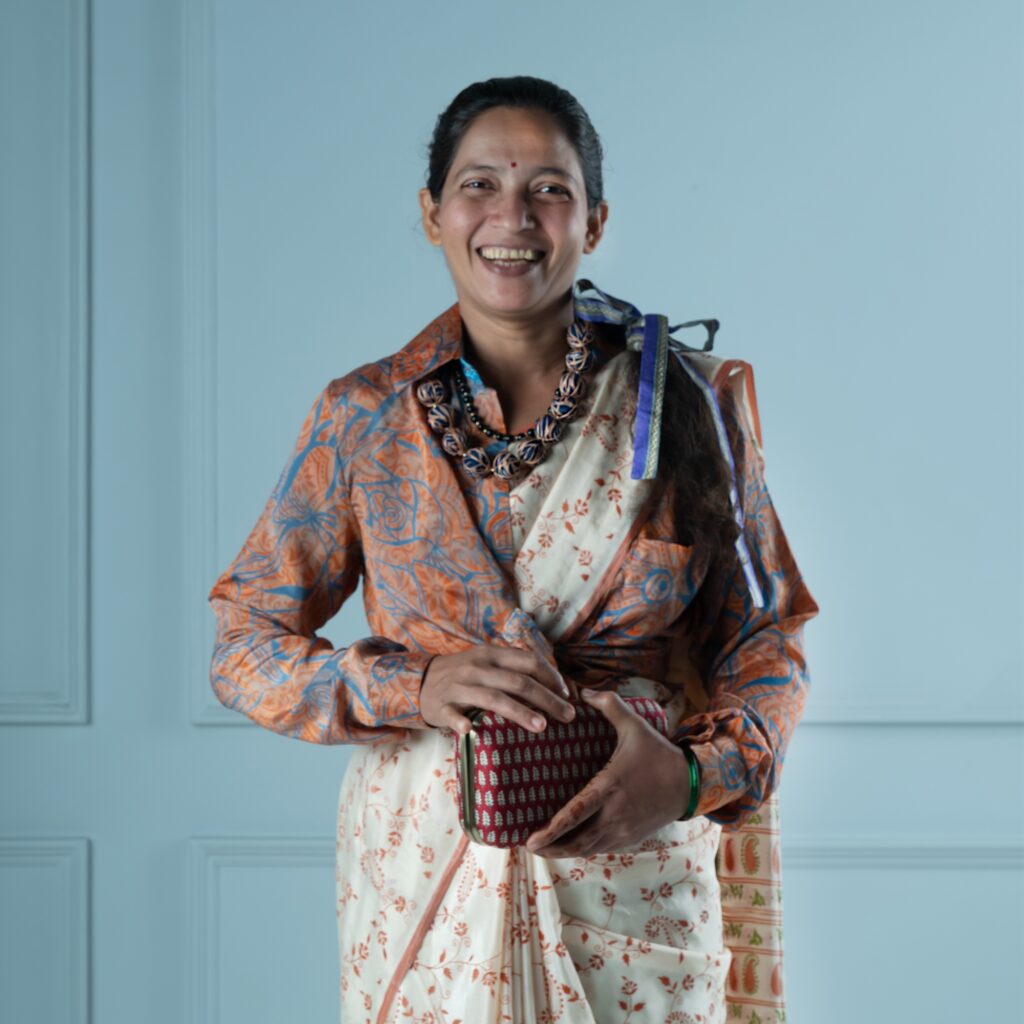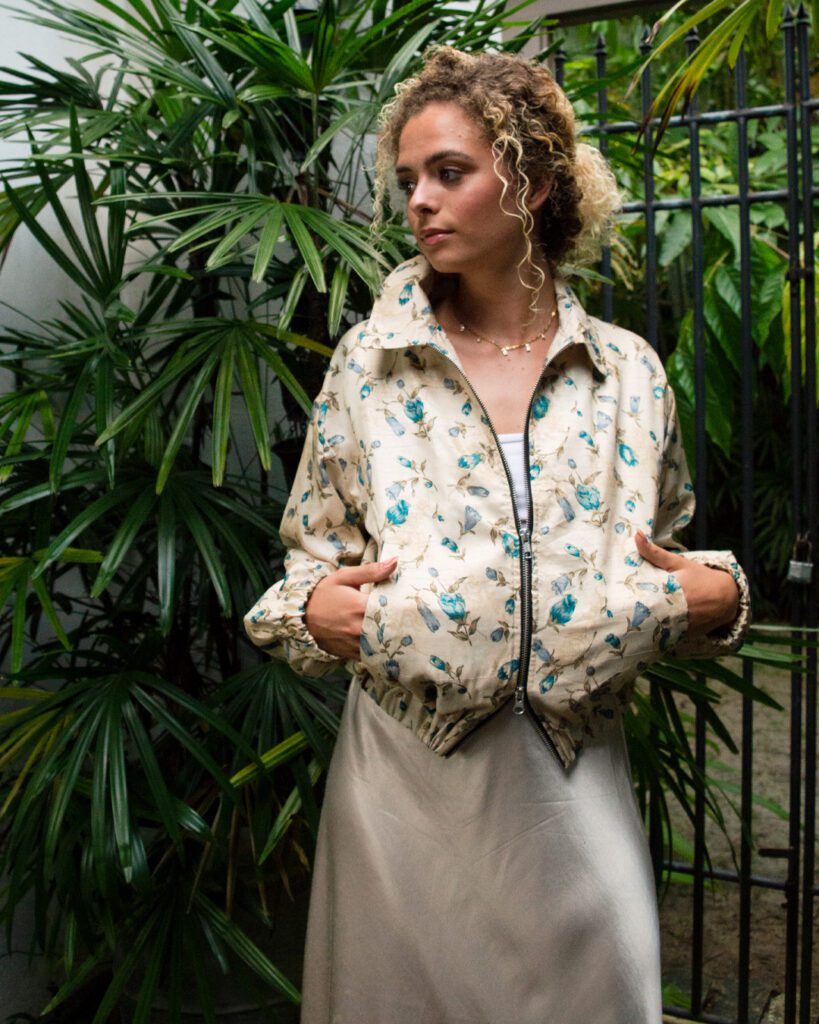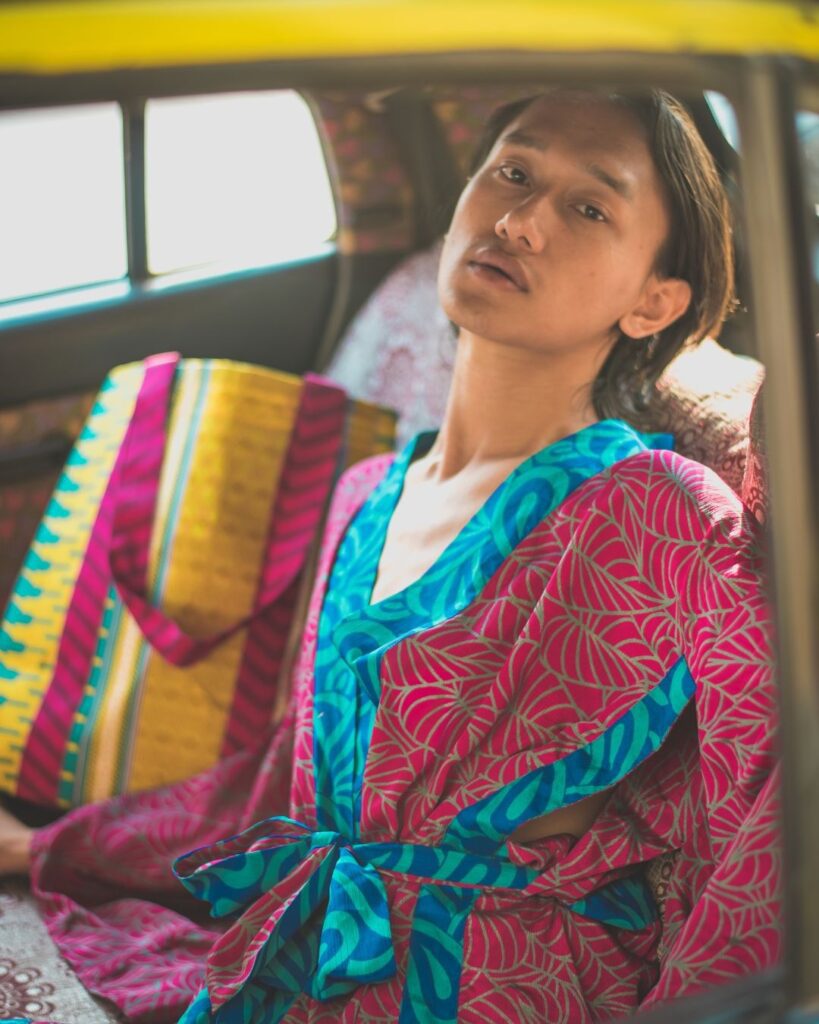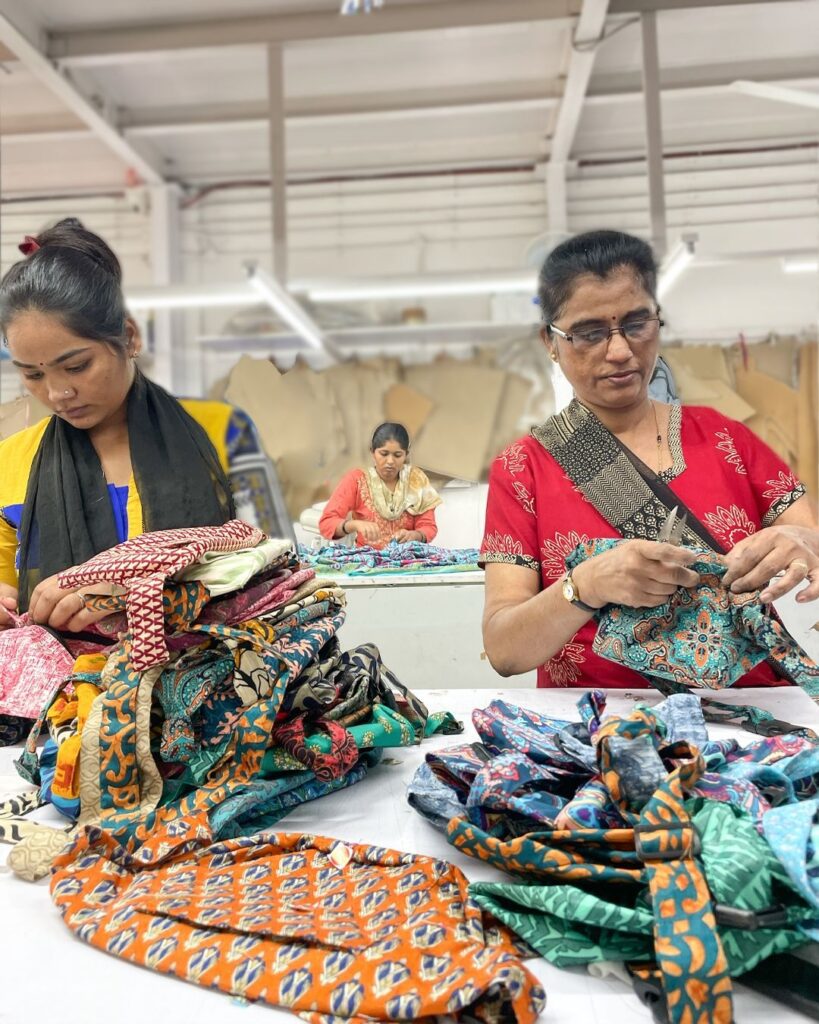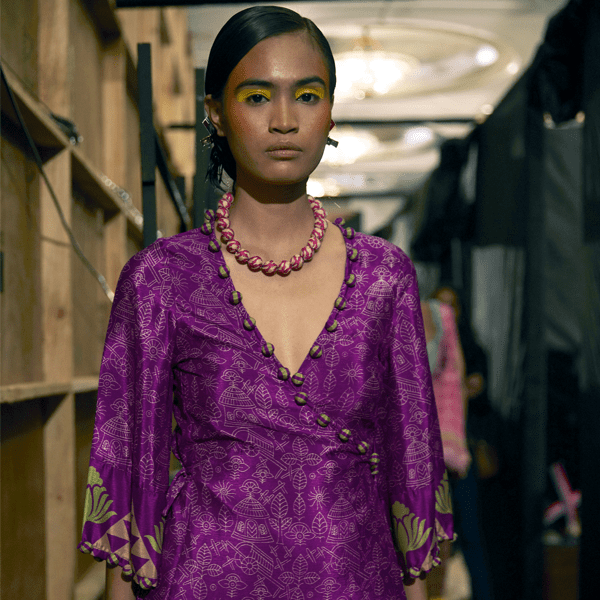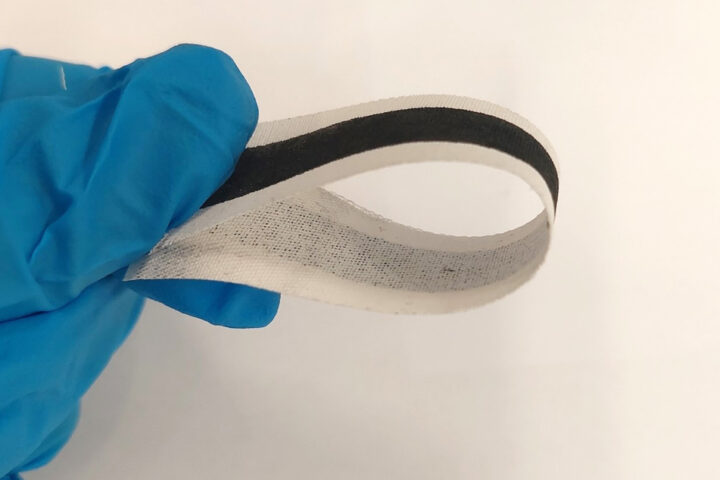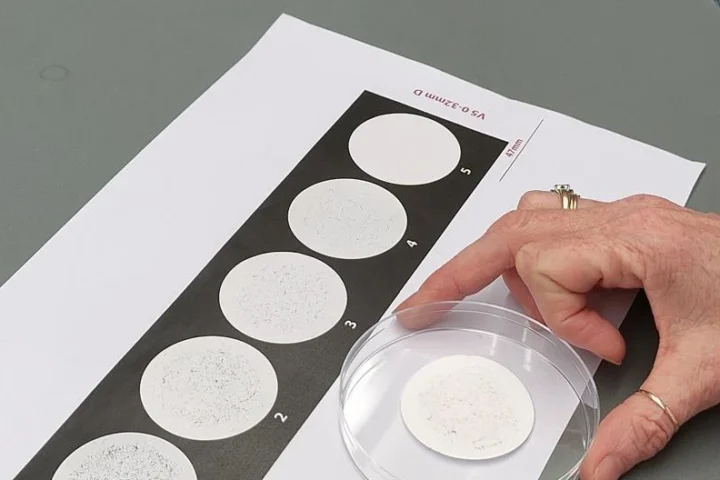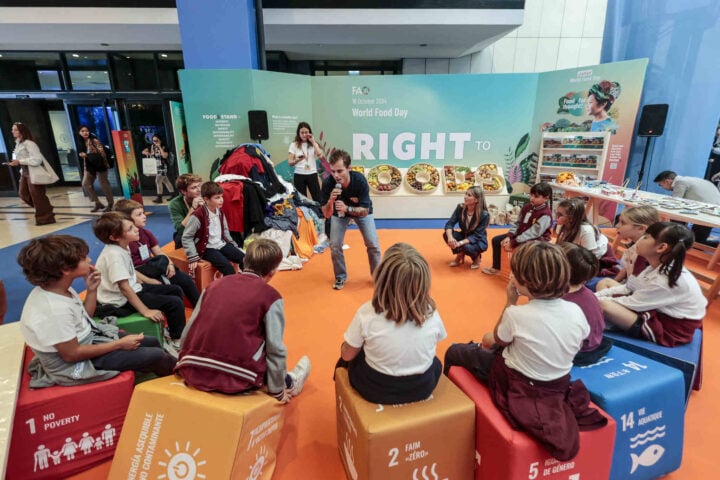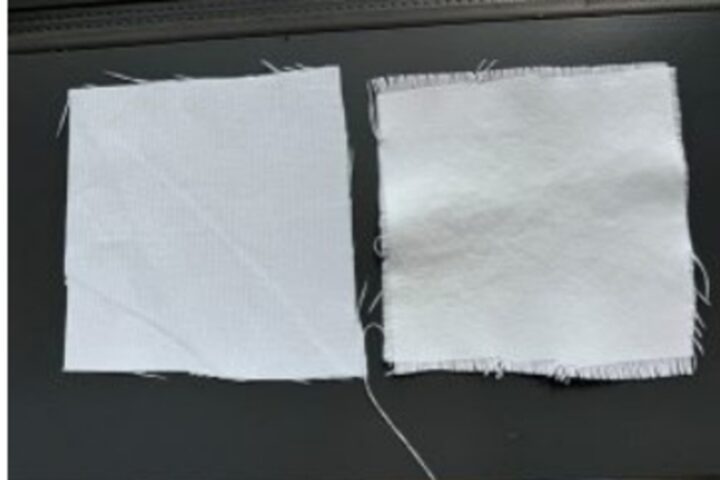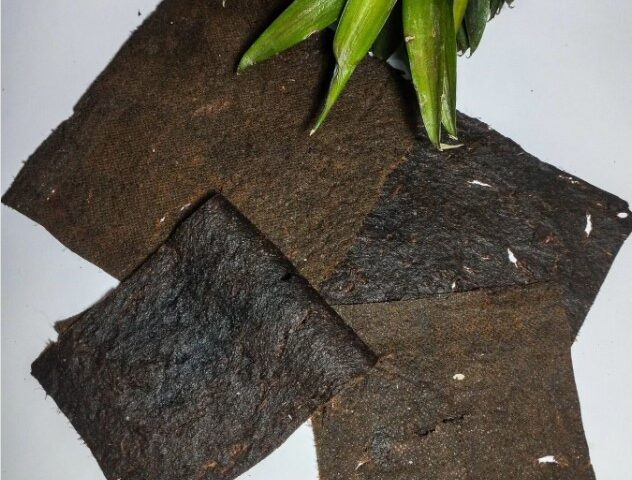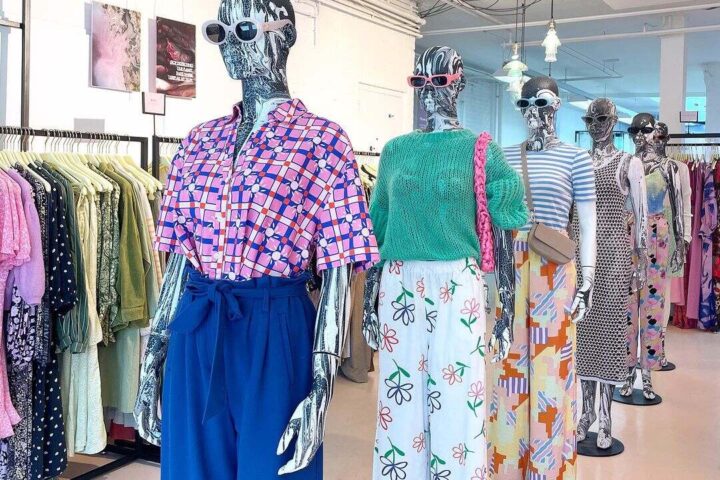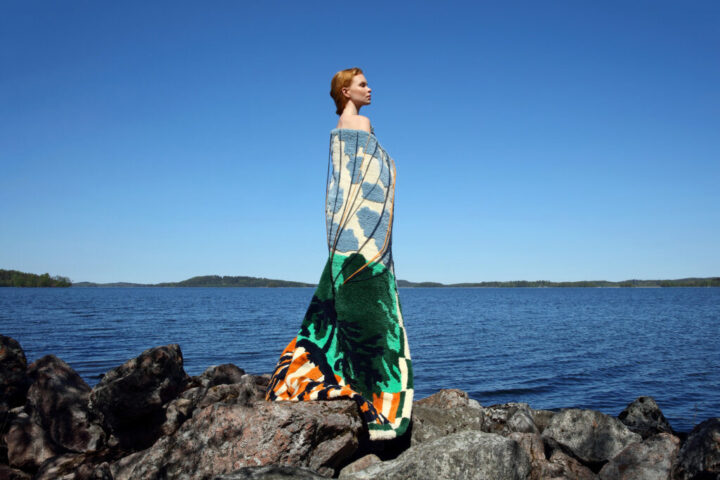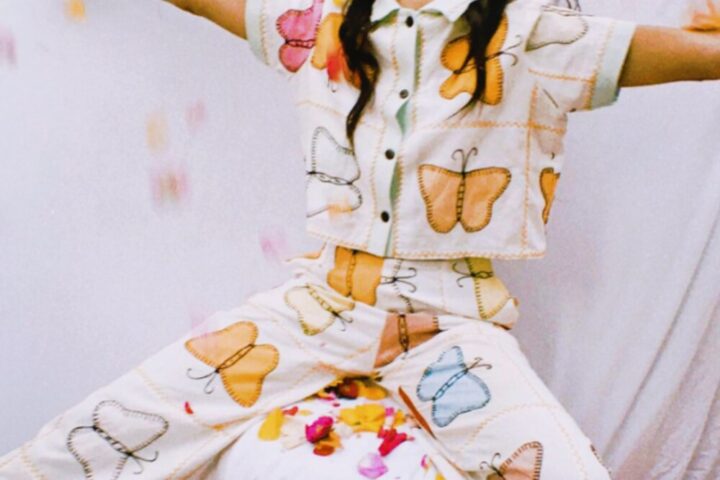Inner karma was probably used to make “I Was a Sari”. Consider it to be “a lightness of being.” Mumbai’s vibrant marketplaces are where the raw ingredients are purchased. Dead stocks and used saris are turned into popular goods that are marketed all over the world.
Since 2013, they have been participants in the circular economy and received backing from prestigious brands like Gucci and Eco-Age, as well as widespread news attention. The artisans, whose lives have been altered by their distinctive business strategy, are what drives their business.
Giving individuals a second opportunity gives them a unique perspective on the world. Some people view illiterate women as having no talents, but others see their ability to become wage earners and community leaders. Despite their humble beginnings, the 170 craftspeople have persevered. 57% had never been employed. 55% of those who relocated to Mumbai did so from rural regions. 51% of students who left school by age 15 did so. 36% of caregivers have three or more kids. Their work has propelled them into new realms, including clothing worldwide celebrities, winning international fashion prizes, and collaborating with leading Gucci designers.
When women from underprivileged areas of India begin to prosper, business becomes more lovely. Artisans have peace of mind and flexibility to prepare for a secure future for their families since they get regular compensation and have flexible working circumstances. They receive financial and medical assistance and attend English and soft-skill lessons outside of employment. They come to grasp their value, rights, and potential due to this exposure.
This trendy outfit is kind to the environment since the most sustainable product already exists. The carbon footprint would skyrocket if the virgin cloth were utilized. These used saris are instead purchased from regional marketplaces. The company is working to ensure that all the materials they use, including the packaging and accents, are as ecologically friendly as possible.
Sales are how most businesses judge their success. These are significant, but in “I was a Sari,” they also emphasize their ability to reduce waste and improve the lives of the individuals they employ. Since 2016, they have prevented the waste-to-waste conversion of more than 1 million square meters of saris, the traditional attire of Indian women. That is the same as 800 Olympic-sized pools of water! They think that saris are far too lovely to be thrown out, so they give them a second life by transforming them into apparel and accessories and incorporating them into daily life.







Several of its workers boarded a plane for the first time and traveled to Rome to collaborate with Gucci designers on a new take on the Indian sari. They took the stage at the renowned Sustainable Fashion Awards in Milan to accept a coveted award for their efforts. Another Gucci Equilibrium initiative required artisans to acquire embroidery methods, a trade often practiced only by males in India. Therefore, they, too, broke through that ceiling. This year’s International Women’s Day theme was environmental protection and gender equality.
The focus was on eliminating prejudices that prevent women from achieving their full potential—removing the obstacles that only stand in the way.
